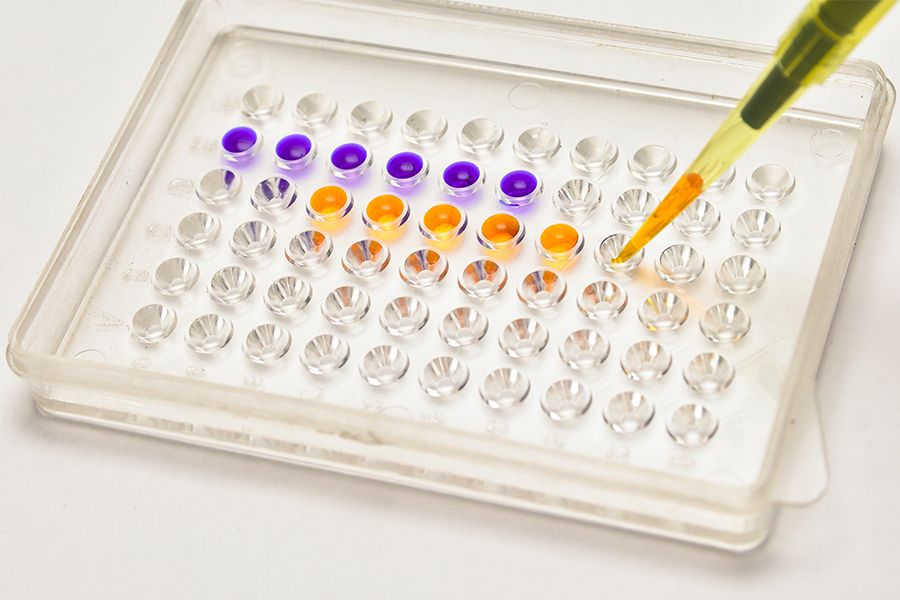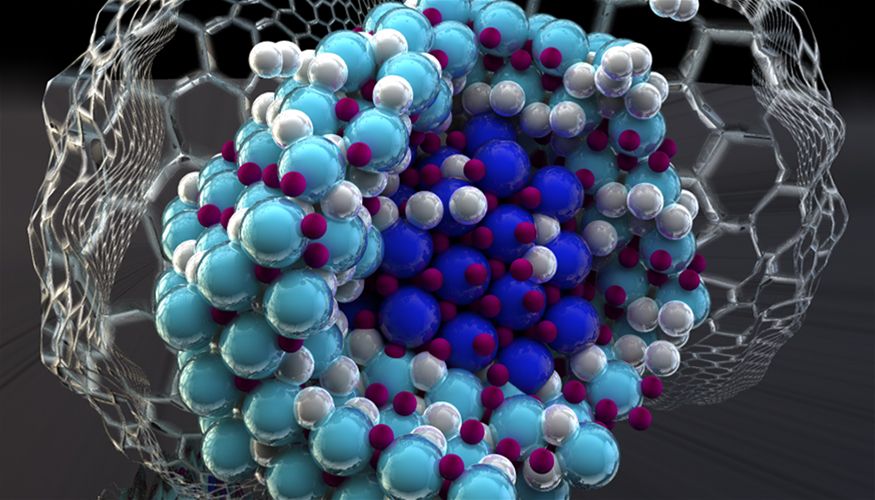You’ll want to tell your dentist about this one.
Get the latest international news and world events from around the world.






India can become a leading scientific power in the world
He also said there are a lot of opportunities for India but it is China which is seizing them. “India must rise to the role it should be playing for its benefit, for the benefit of science and rest of the world,” he added. India and China have been growing rapidly in the last few decades and both have doubled their GDP. But China, he said, in this period doubled its investment in science and technology while India’s funding reminded at the same level. South Korea, a much smaller country, is also investing a lot in science and the results are showing, he said.
Funding delays and legal challenges preventing the country from achieving greatness, says Nobel Laureate David Gross.


Precision Agriculture Makes Farming More Sustainable, Profitable
Farmers have numerous sources of technology and data available to use in their operations, but many producers struggle with what kind and how much technology they need, according to an article on the University of Nebraska-Lincoln’s Institute of Agriculture and Natural Resources website.
Understanding which technologies and data sets are important and how to best use them is the focus of Joe Luck’s work as Nebraska Extension precision agriculture engineer.
“To me, precision ag has become a catchall term, but basically it refers to hardware and software systems that improve knowledge and decision support to make farming more manageable, sustainable and profitable,” said Luck, who also is an assistant professor of biological systems engineering.

Nano-sized hydrogen storage system increases efficiency
Nice.
Lawrence Livermore scientists have collaborated with an interdisciplinary team of researchers including colleagues from Sandia National Laboratories to develop an efficient hydrogen storage system that could be a boon for hydrogen powered vehicles.
Hydrogen is an excellent energy carrier, but the development of lightweight solid-state materials for compact, low-pressure storage is a huge challenge.
Complex metal hydrides are a promising class of hydrogen storage materials, but their viability is usually limited by slow hydrogen uptake and release. Nanoconfinement—infiltrating the metal hydride within a matrix of another material such as carbon—can, in certain instances, help make this process faster by shortening diffusion pathways for hydrogen or by changing the thermodynamic stability of the material.

Scientists may have identified cell in eye that causes nearsightedness
TUESDAY, Feb. 21, 2017 — Whether you’re nearsighted or not might come down to one particular type of cell in your retina, a new mouse study suggests.
Researchers from Northwestern University’s Feinberg School of Medicine in Chicago report that this cell is highly sensitive to light and controls how the eye develops.
If it malfunctions and tells the eye to grow for too long, images don’t get focused in the retina as they should be, the researchers said.